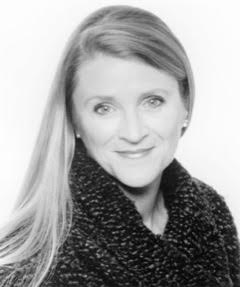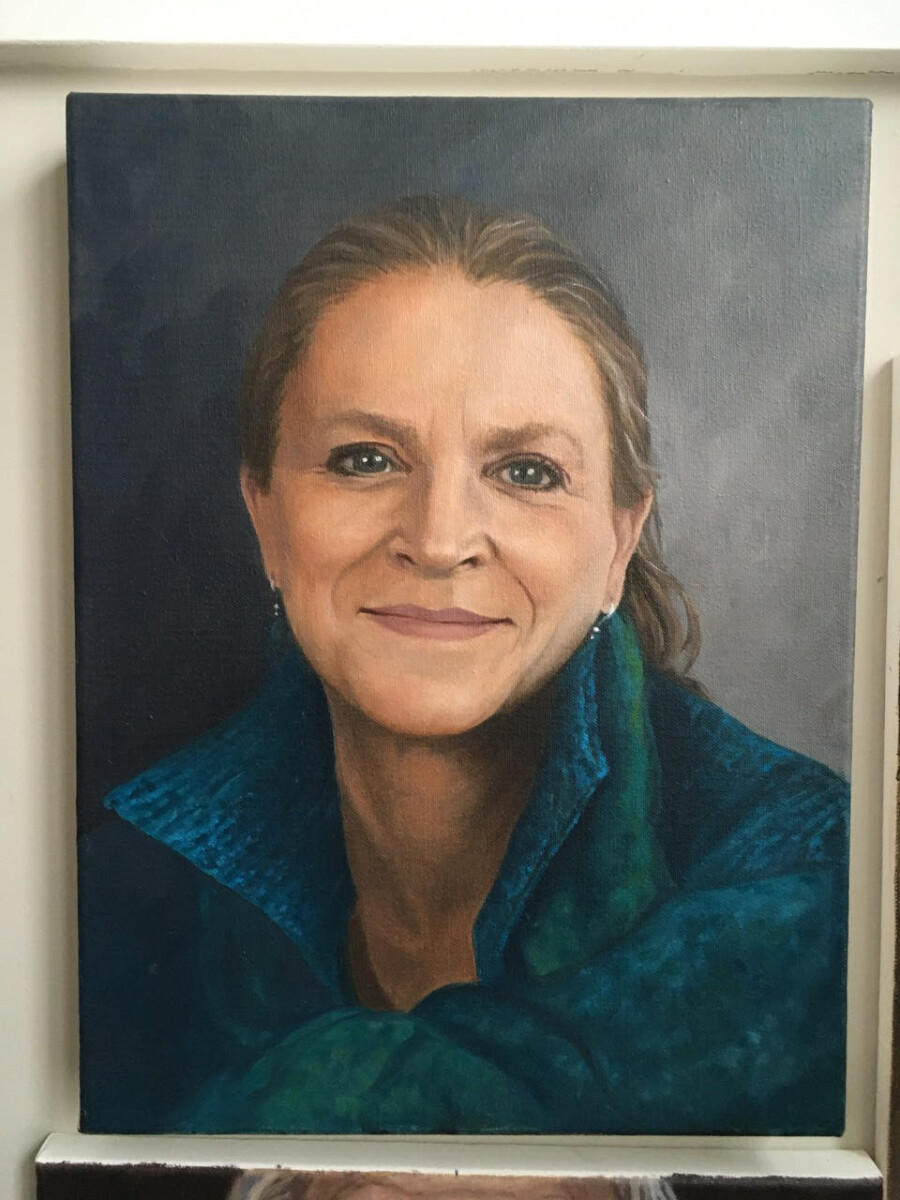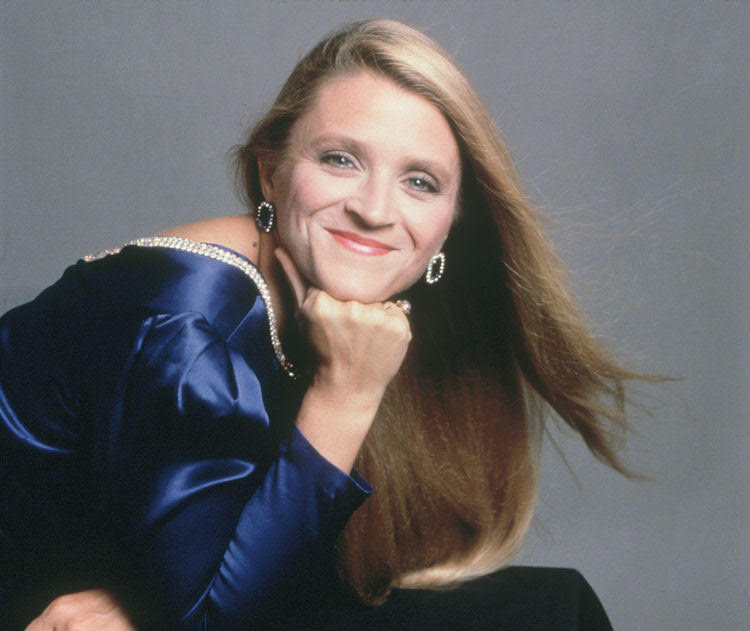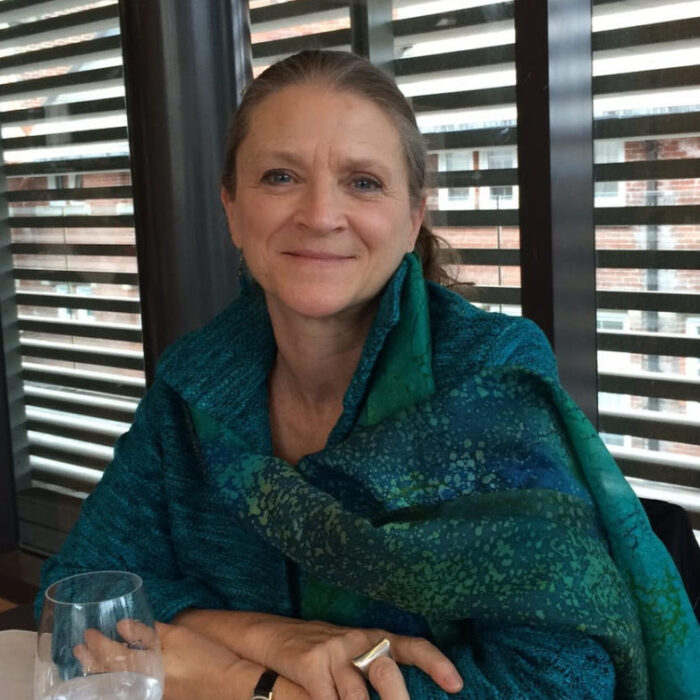Background:
I was in the second wave of women admitted as transfer students – the first, of course, were those like the Critical Language students from women’s schools who had already spent a year at Princeton and could therefore fulfill the 2-year residency requirement. It was a tricky time for women on campus so not all of my memories are fond, I have to admit, but I will definitely put some thought to your interview questions and get back to you as soon as I can.
1. What was a significant location on campus for you? Why?
Two places on campus had my full attention: the Woolworth Music Building and Firestone Library’s music section in the basement (I think 3 floors down…C Floor?). I spent four years at Princeton: two as an undergrad and two as a grad student in Musicology. The Woolworth building was where I spent most of my time as an undergrad, in classes, rehearsals for Glee Club and Musica Alta (the early music group we founded), as well as in the basement practice rooms where lessons with my voice teacher took place. As a graduate student, my focus shifted to the basement of Firestone Library where the musicologists studied, did research and held seminars. Our carrels there were airless, forcing us out periodically into the fresh air, and then to the student union for food, but the seminars were inspiring.

2. What was a defining (or pivotal) moment of your life?
My graduate comprehensive exams! I slaved over those couple of days, sweating bullets the whole time I was writing, because I knew that I didn’t know enough – or what I thought was enough. To my surprise, I passed but was encouraged by my advisor to go “get this singing thing” out of my system for a year and then return to campus to write my dissertation. So I went to New York to sing and never went back. My career just kept building and becoming more and more satisfying. I had been reluctant to admit to myself that I really wasn’t cut out to be a musicologist; I just wanted to sing early music and this experience gave me the push I needed.
What’s fascinating to me now is that after retirement from active singing, I am in demand as a lecturer on Baroque music for pre-concert chats, music festivals and continuing education programs. My musicological training is serving me very well indeed.

3. How did your personal identity shape your Princeton experience?
I come from an academic background and my parents had very high expectations for me and my siblings. Music was also in my blood from the start, which my prep school encouraged and supported, so it was necessary for me to find a university that could combine high academic standards with music-making. The school I transferred from was not a good fit for me; it was strong for applied music but the academics seemed watered-down and a bit amateurish.
Although Princeton didn’t have much applied music at the time, the academic standards of the music department in both the undergrad and grad divisions were very high. Once I transferred, I was able to immerse myself in music history first, then musicology, all the while satisfying my performing needs with Glee Club, voice lessons and recitals as well as the early music group I helped to establish on campus, Musica Alta.
4. If you could relive your time at Princeton, what would you do differently?
Probably not a great deal, although I would take advantage of the opportunities available now for more applied art – drawing, painting, etc.
5. If you could relive your time at Princeton, what would you keep the same?
Grad seminars. They were fabulous!
6. What part of your life are you most proud of?

I am quite proud of my career as a singer and specialist in early music. I worked my way up in New York City and then made the jump to Europe and I’m grateful for all the wonderful opportunities I’ve had to perform and record with the best in some of the most iconic spaces of the world (like the palace at Versailles and San Marco in Venice, for instance).
I am also quite proud of my gorgeous, intelligent and talented daughter (who also attended Princeton – class of 2000). Her Princeton was a much more welcoming place for women, and filled with many more opportunities within the curriculum for applied music and art.
